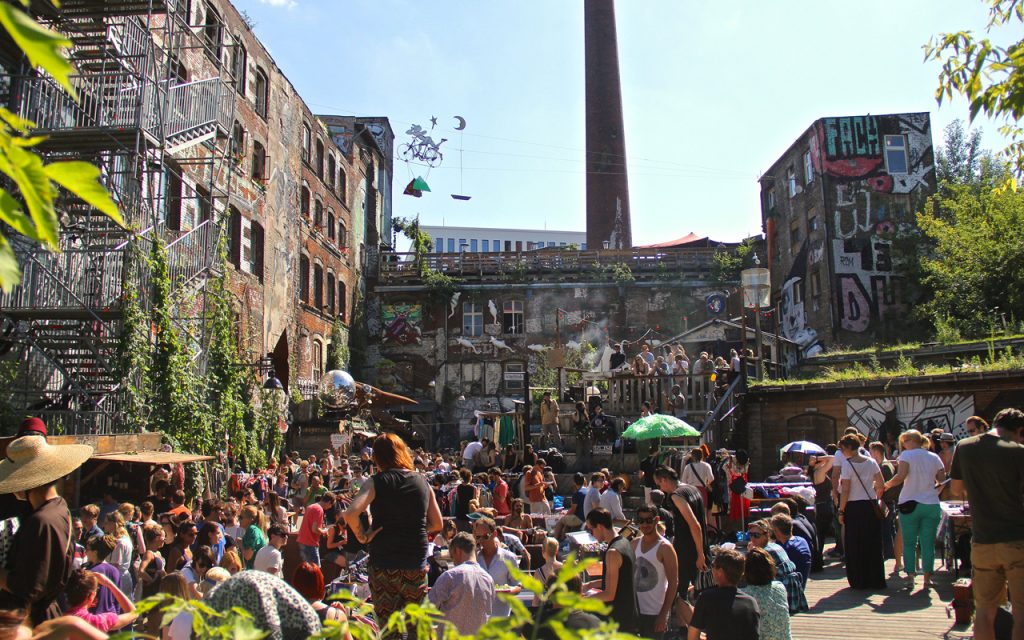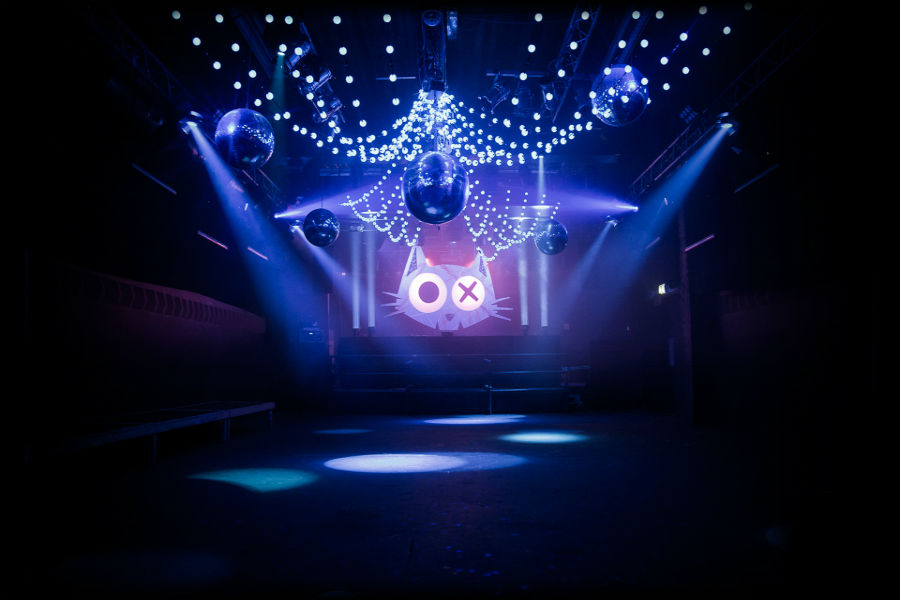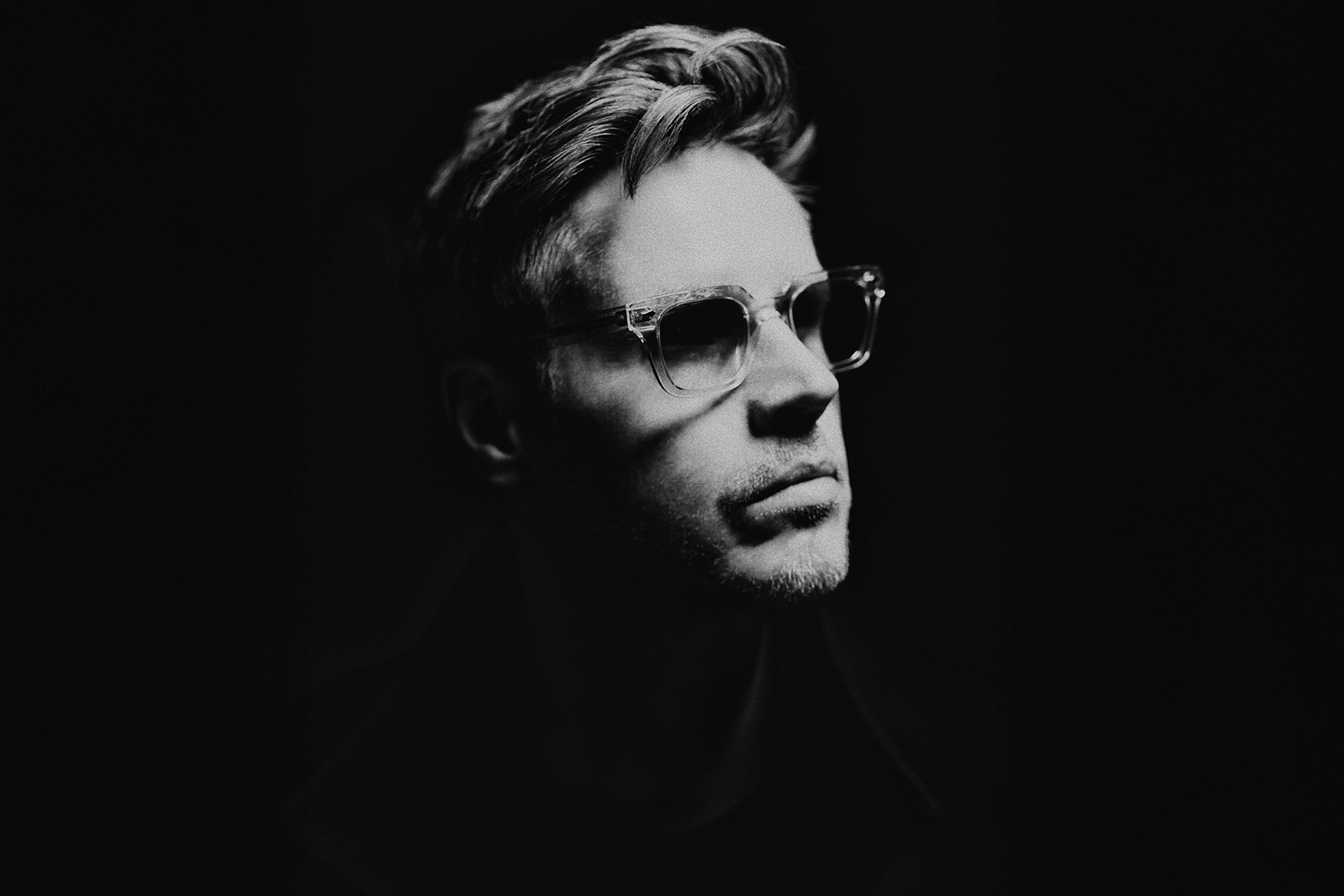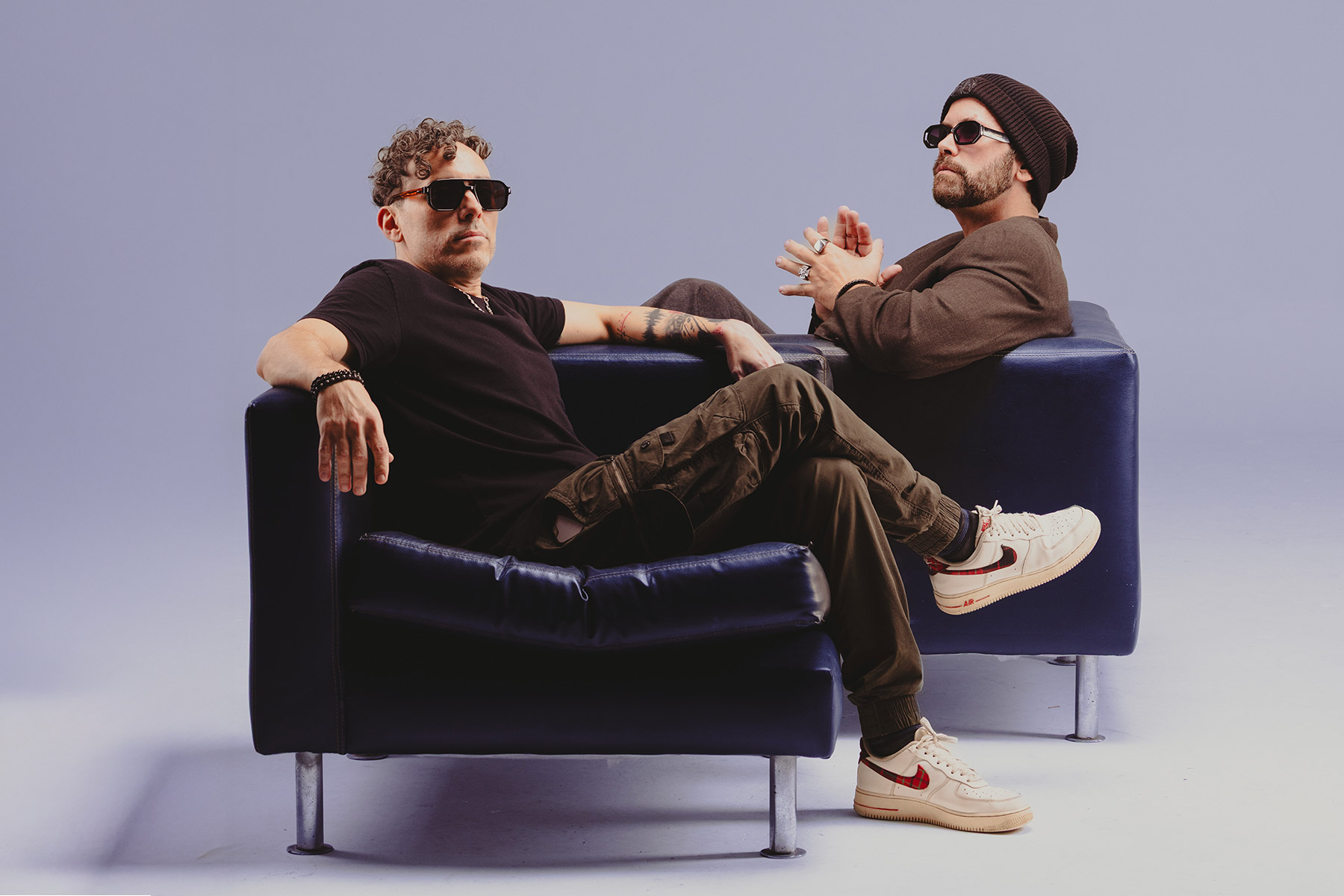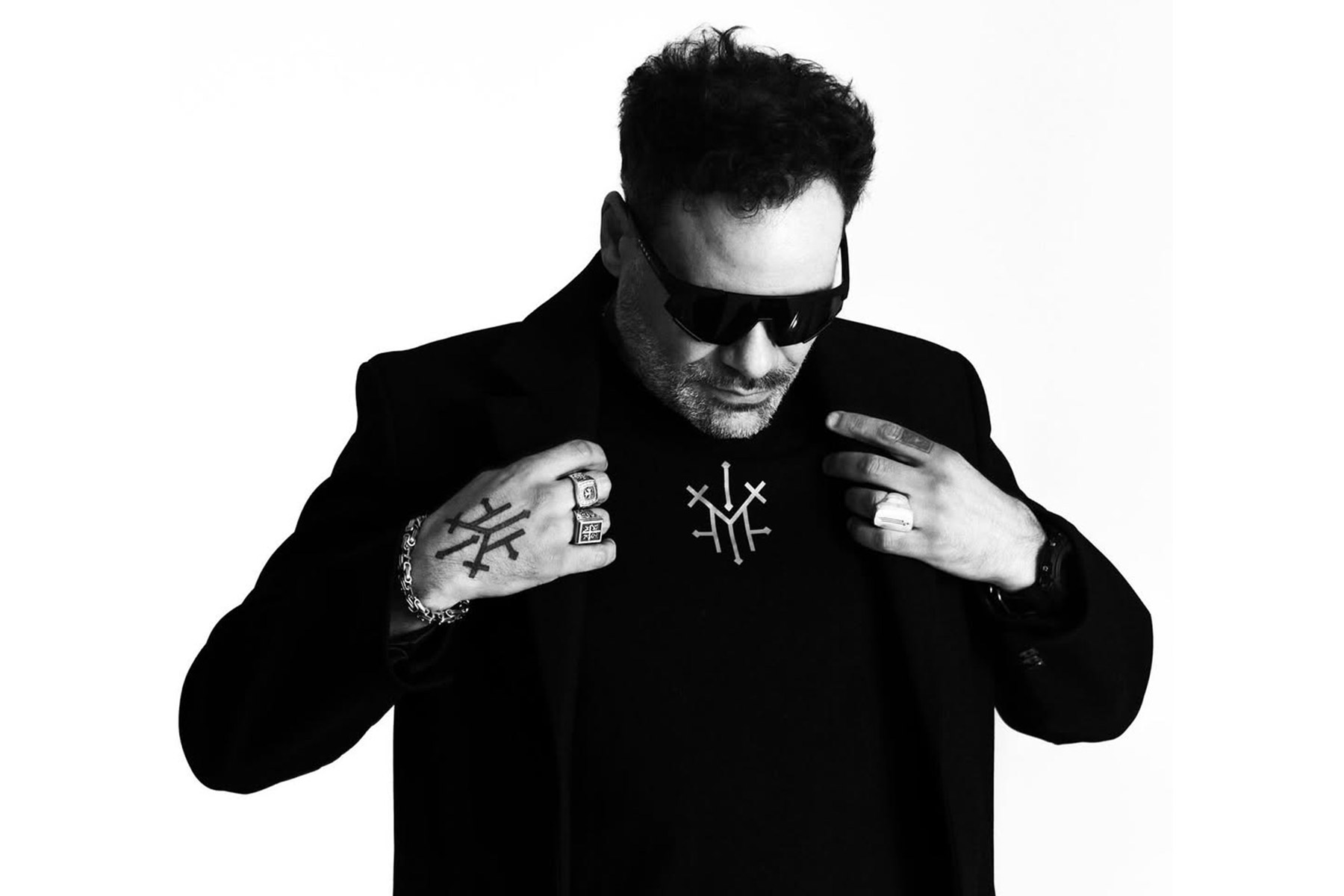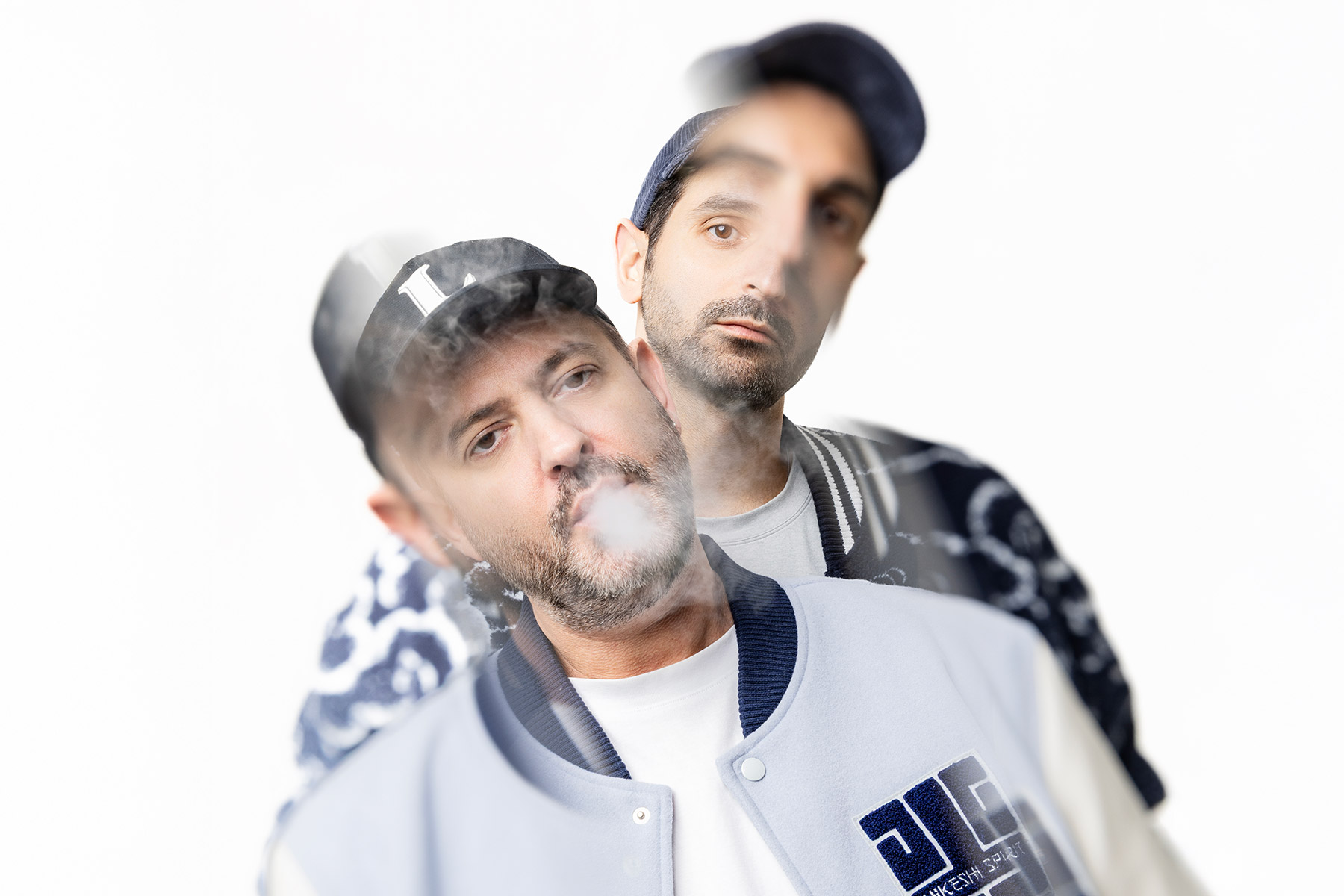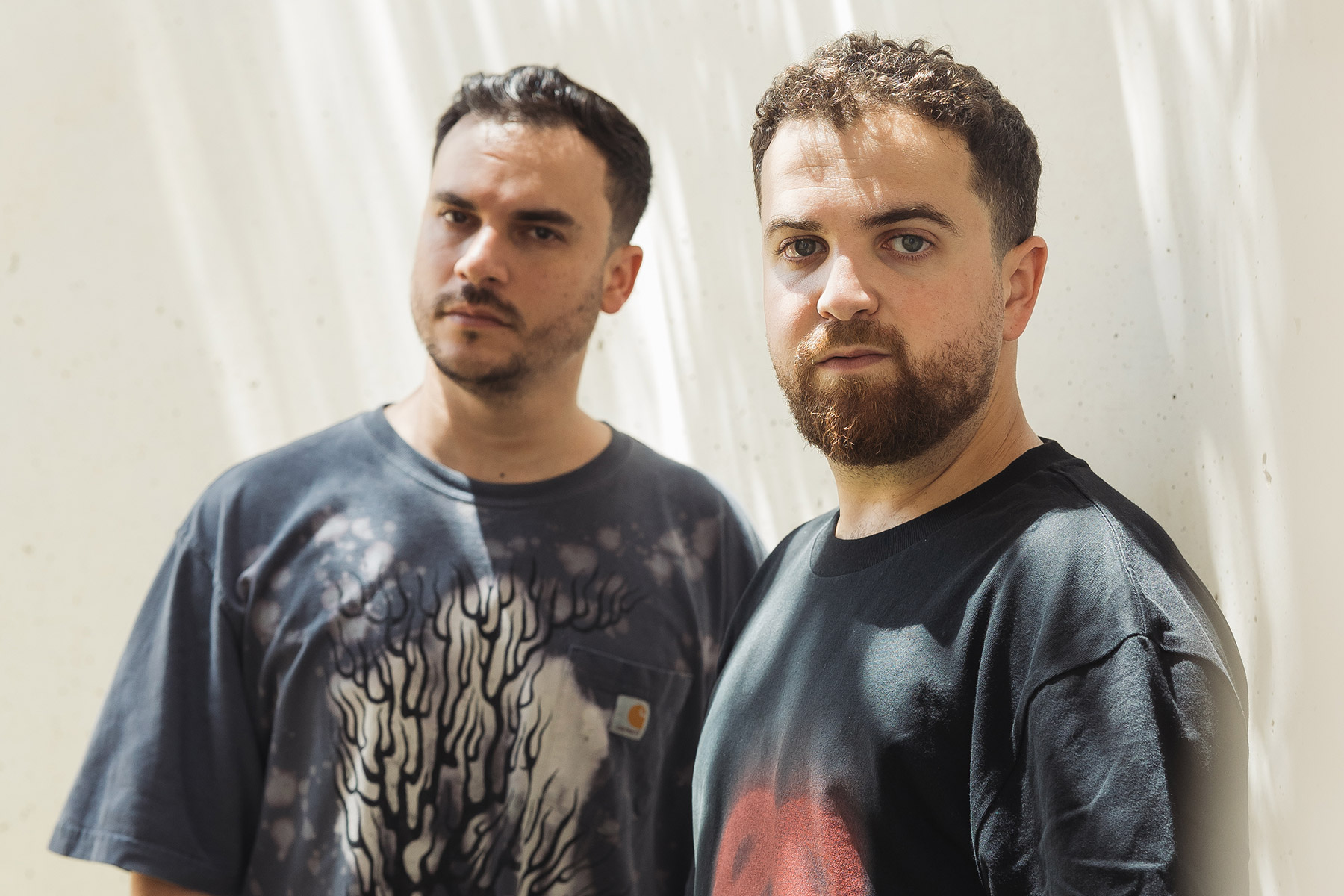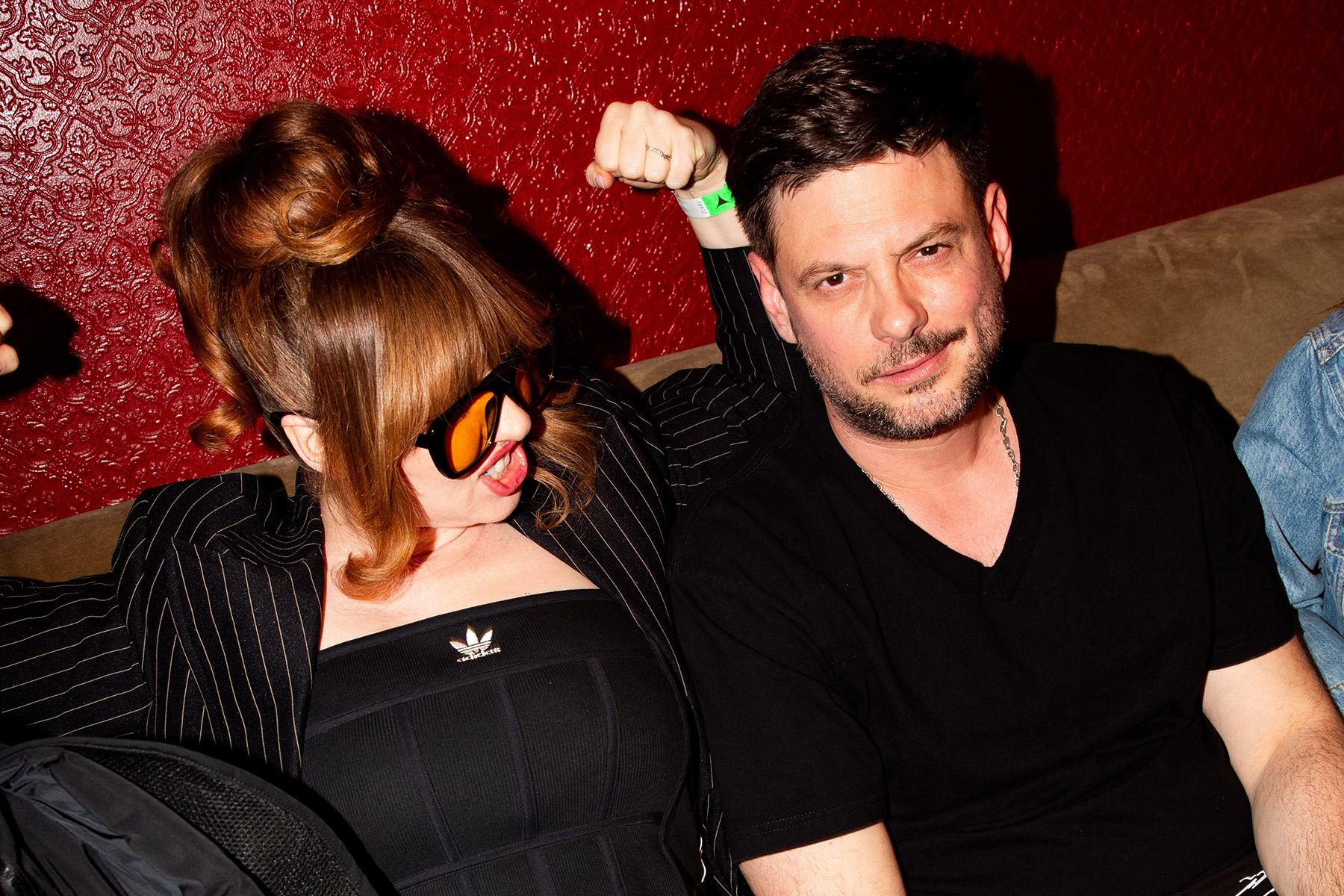A city reinvigorated by the destruction of its dividing wall in 1989, Berlin’s subsequent party scene provided the perfect antidote to reality. Out of the rubble, came a new, harder electronic sound. Techno was the sound of reunification, enticing international talent and enthusiasts with its creativity and dark attitude.
Today, Berlin cuts a more professional picture. Techno has become trendy, the city has become a destination. Names like Berghain and Watergate roll off the tongues of even the fairest of fair-weather electronic music fans.
But, away from the monochrome, a band of ever-colourful Berliners reflect on the city at its most varied and wonderful. “Every generation creates something special”, says Katermukke label boss Velten Döring aka Dirty Doering. “Berlin is still the centre of electronic music”.
As former resident at the infamous Bar25, a one-time essential venue in the Berlin scene that hosted 72-hour non-stop weekends on the banks of the Spree, Dirty Doering has witnessed a generation of partiers sweep through the city. “Berlin has a long history of electronic music”, he says, “it has been carefully preserved over the years”.
Madmotormiquel – an artist with several releases on the Katermukke label and a label boss of URSL – thinks Berlin’s openness is central to its identity. “Berlin’s liberal politics make it a really special place to party. Compared to other cities in the world we have much more freedom. In summertime especially, Berlin has an amazing vibe”.
For Madmotormiquel, the commercialisation of techno doesn’t compare with other present challenges. “Punk rock in London also exploded and became mainstream, but still some of the best bands in the world came from this era. I am more concerned about the growth of fascism than the commercialisation of techno. We have so many passionate people around us; let’s work with them and leave the suckers out!”.
With international showcases filled with colourful decorations and lively people, Katermukke has the feel of a label inspired by the concept of unity. This is something Dirty Doering has tried to express through Kater Holzig, the club which effectively replaced Bar25 and gave birth to the Katermukke label as a platform for its resident DJs.
Berlin is a city of organic change. Kater Holzig has since been replaced by Kater Blau, but for Dirty Doering the sentiment is the same. “We’re very diverse,” he says. “We have a lot of different things happening at Kater Blau – disco, concerts, techno, downbeat, theatre. All the creatives who work there and Holzmarkt are doing an incredible job. Their energy and ideas really stimulate me”.
Madmotormiquel echoes this thought. “I was never the guy who was worrying about changes or talking about the good old days”, he says. “I try to live in the moment, the here and now. It’s cool to talk about the old days, but I meet so many amazing young kids doing great stuff that it would be crazy to always look back”.
If the spontaneity of Berlin’s early years has at all quietened, Dirty Doering still finds comfort in structure. “The club owners and party organizers aren’t the same as in the 90’s. Every generation creates something special”. Katermukke has been a springboard for artists including Acid Pauli, Sascha Braemer and Nicone. Madmotormiquel points to young producer Midas 104, as well as Katermukke mainstay Chris Schwarzwalder, as ones to watch out for.
A local sensation that became an international label, Katermukke represents Berlin at source. It hasn’t been forced, and has successfully balanced its destination status with the core values of the electronic music scene it helped create. Katermukke proudly sports an international vibe, but has been careful to maintain a local respect. The magic is still alive in Berlin, and with Katermukke it’s always changing shape…
Dirty Doering
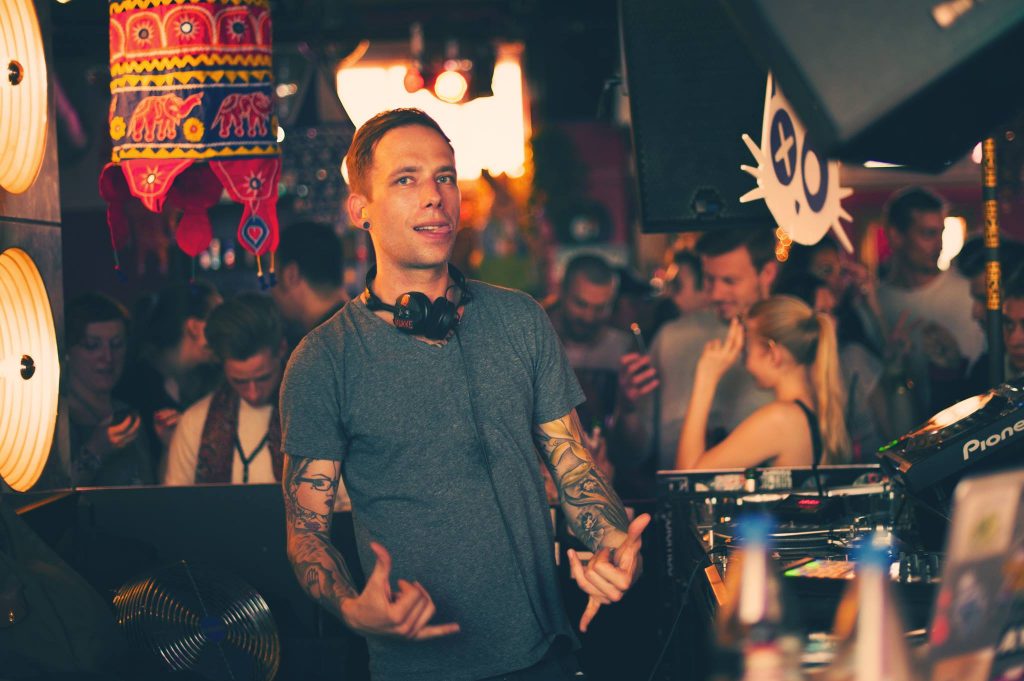
Madmotormiquel
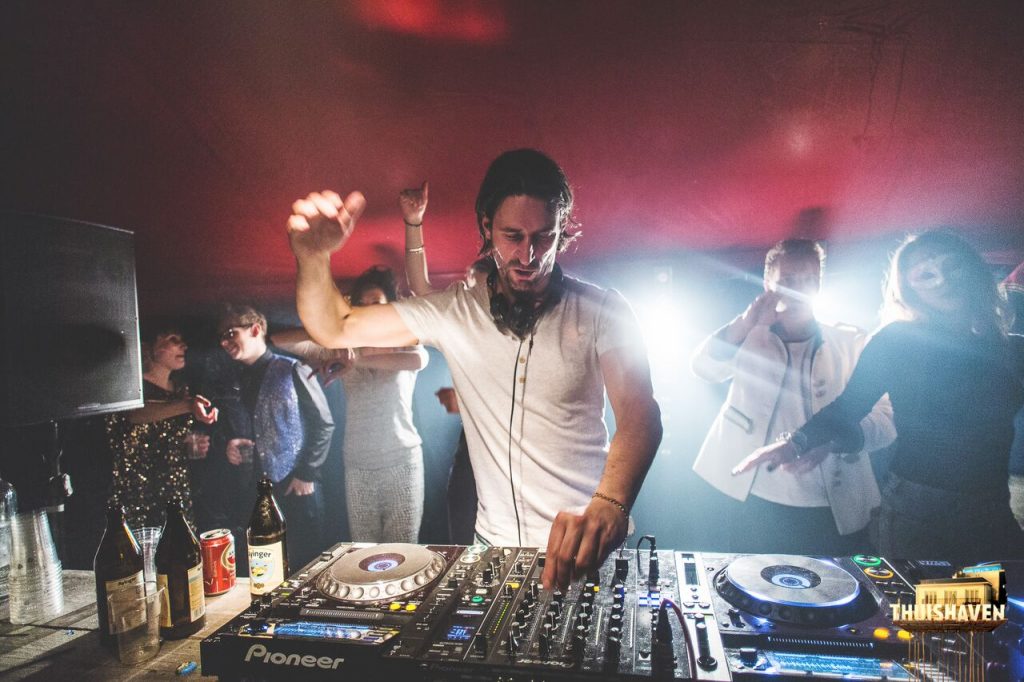
Katerholzig
